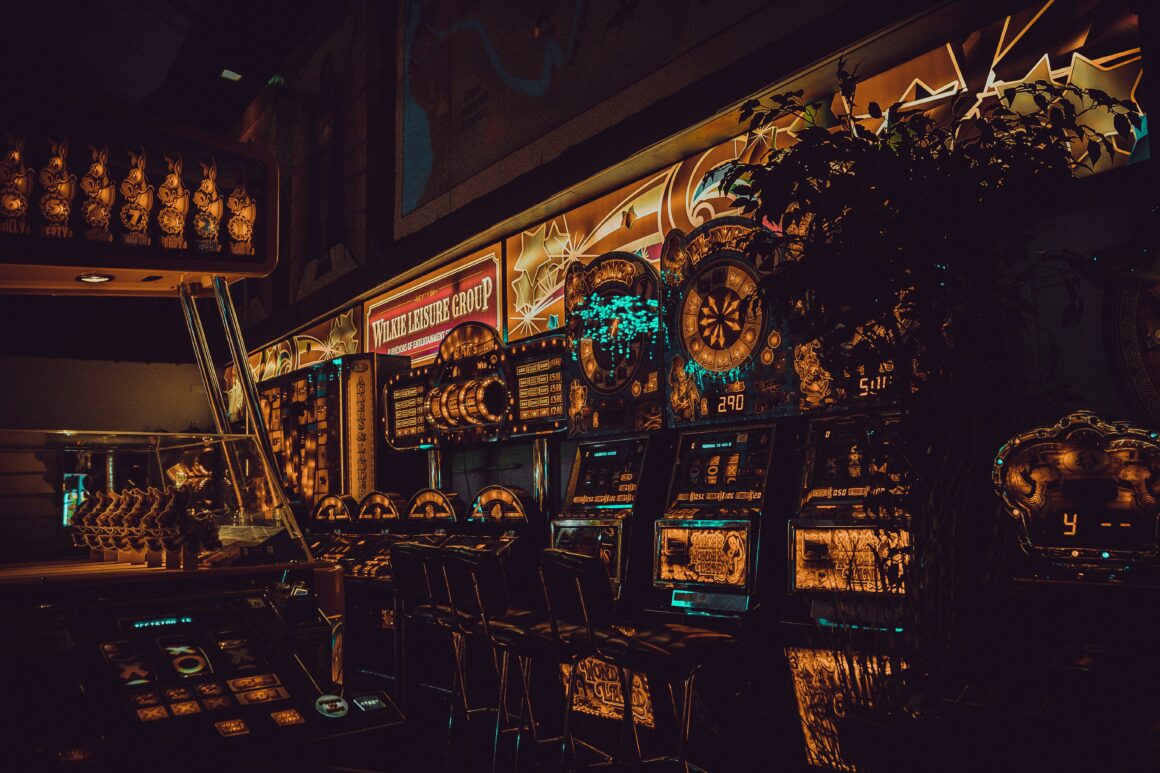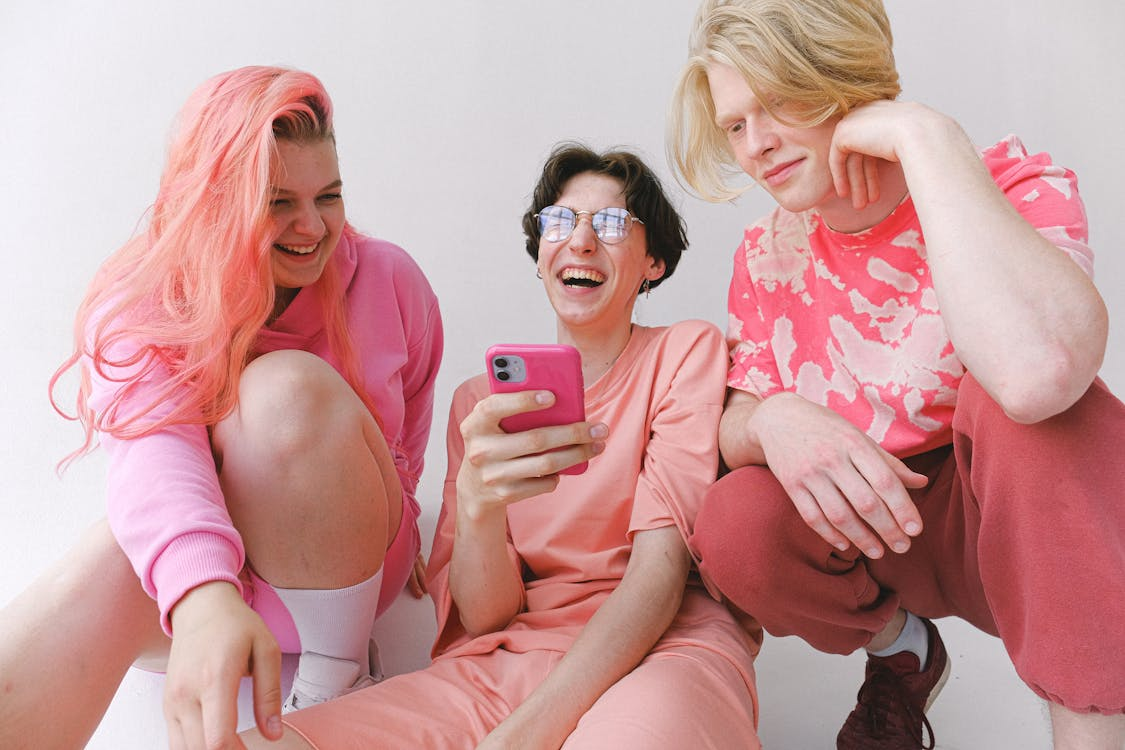In a time as politically divided as the one we’re living through, free speech has become more important than ever before. Since the advent of social media, the expression of free speech has become infinitely more accessible. Today, it does not take public meetings or town halls or even press conferences for citizens to allow their voices to be heard. All it takes is a typed out tweet or a picture on Instagram or even a Facebook or Tumblr post for people to express themselves. They can, thus, gain the attention of thousands, if not millions, of other people. Theoretically, you do not need to be rich or famous or a politician to matter anymore, politically speaking. But is this really how access to free speech works out? Or are there more factors at work that aren’t generally considered?
https://www.instagram.com/p/ByszvwaBb71/?utm_source=ig_web_copy_link
This post shows the message users are shown when their Instagram posts are taken down.
In the past year, Instagram has drawn attention because of its discriminatory censorship policies. No one seems quite sure of how these rules work, but what is clear is that not everyone is equally affected by them. Pages and posts that depict dead animals and people, racist slurs, and sexist content is not flagged. A popular Instagram user posted a video of himself harassing a local Asian woman by questioning whether she sold cat meat at her store. This is a profoundly racist idea— and one that he knew to be untrue— but he was not initially flagged for it. Plenty of accounts post ‘relatable’ content that is degrading to women and, yet, they are not censored for it. However, activist accounts are constantly shadowbanned and, often, even taken down for seemingly no reason. It is apparently okay for thin people to post nearly nude pictures. However, when fat activists want to show a little more skin then is deemed ‘socially acceptable’, their posts, and sometimes even their accounts, are deleted. It is fine for hunters to post pictures depicting their kills, but animals rights activists get banned by Instagram. It is okay for an office worker or comedian or writer to talk about their job, however, the moment a stripper or sex worker tries to do the same, they are met with unexplained censorship.
Instagram, sadly, is not the only site to use such draconian censorship measures. On Facebook, people can post comments about women being witches and inciting actual violence against them. However, if a woman writes “men are trash”, a statement that — while incendiary — does not incite actual violence against anyone, the comment will be deleted for violating “community guidelines”.
https://www.instagram.com/p/BznsrUnhy2F/?utm_source=ig_web_copy_link
The above post depicts an artist’s rendition of censorship featuring a teary-eyed girl with her hands and mouth bound up by blue birds, possibly a reference to the Twitter logo.
These policies- and the examples here- make it perfectly clear that this censorship is not merely for the good of fostering a safe, online community. If it were, then Instagram would not allow neo-nazis to thrive, while taking down the accounts of perfectly legitimate activists who do not violate these policies in any way. These ‘policies’ disproportionately affect women, sex workers, people of colour, and fat people. The farther a person moves outside of the white cishet male narrative, the more they seem to become acquainted with social media censorship.
Censorship is what it amounts to, at the end of the day. Not in a mild way or as a simple manner of speaking because there is no better word to describe it. It is the systematic shut down of voices that move out of the view of what is ‘acceptable’ and what is ‘normal’. Official policy may not dictate it, but what is becoming increasingly apparent is that Instagram does not care about our voices. It does not care about our views. It does not care, that is, unless we are cis, het, white, thin, and/ or affluent and unwilling to speak out against this seemingly total control of the far right.
Any democratic system has its roots in free speech. Instagram, as we can see, is not democratic in the slightest sense of the word. How far this will spill into the political functioning of nation-states in the 21st century is, however, a matter that remains to be seen.
Featured image via Reason.com




